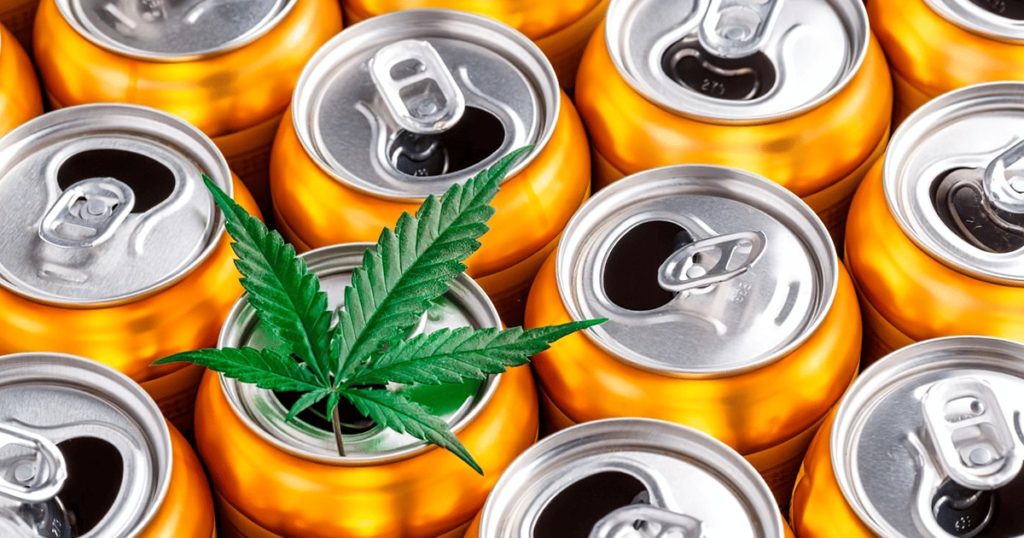The Bipartisan duo, Reps Scott Peters (D-CA) and David Joyce (R-OH) recently introduced a bill titled the “Developing and Nationalizing Key Cannabis Research Act”, otherwise known as the DANK Bill. It is unclear if the acronym was intentional since it was not officially mentioned in the bill but we have to admit, it fits perfectly.
Rep. Scott Peters displayed a tin can of marijuana-infused edibles outside of the University of California in San Diego. This was done to highlight how easy it was for him to legally buy a cannabis product from commercial retailers while researchers have to go through great difficulty to obtain and use cannabis for their studies.
The Delay In Cannabis Research
One of the most significant restrictions in cannabis research is the fact that cannabis is considered a Schedule I drug by the United States Drug Enforcement Administration (DEA). Even though more than half of the states have legalized medical marijuana, it’s still considered a dangerous substance by the federal government. Cannabis has been understudied compared to other drugs due to its illegal status. And while there are ample studies on the harmful effects of alcohol and tobacco, there aren’t many on cannabis products because there hasn’t been enough research to determine its potential medical benefits or risks.
Researchers have been facing obstacles for years when it comes to cannabis research. Something as simple as obtaining cannabis products involves getting approval from three federal agencies. In the past, researchers could only use cannabis from one source, a facility based in the University of Mississippi. Researchers have expressed displeasure about the lack of variety and the quality of cannabis that is produced in this facility. In some cases, researchers buy cannabis based drugs from foreign countries in order to conduct studies. The DEA has since taken a few steps forward by allowing companies to register to produce cannabis for medical use. However, hurdles still remain for many researchers.
Companies not being able to contribute products that their customers consume daily for research is utterly ridiculous. Rep. Scott Peters’s display further exposed how easy it is for a person to buy cannabis products when researchers, who could help us understand cannabis a lot better, face a much more difficult time. This underscores the need for the DANK Bill.

Why Is The DANK Bill Being Implemented?
The implementation of the DANK bill will require the National Institutes of Health (NIH) to work with agencies such as the Centers for Disease Control and Prevention (CDC) and the Substance Abuse and Mental Health Services Administration (SAMHSA).
As part of the six primary objectives that must be included in the agenda, the agencies will focus their studies on the safety and efficacy of cannabis in the treatment of conditions such as epilepsy, multiple sclerosis, and chemo-related pain and nausea. It will also look at the possibility of marijuana being used as a substitute for opioids.
The research will also look at other factors surrounding marijuana use such as its effects on pregnant women and children, while also studying safety considerations such as potency, youth access, and the misuse of cannabis. The findings of such research could help many people across the world.
Related Reading: Maryland Psychedelic Research Bill in Governor’s Hands

The need for this newly introduced bill has been evident since the beginning of cannabis research. We are in the dark about the potential benefits and risks of cannabis due to the restrictions that researchers face but hopefully, that will change soon.
Enjoyed that first hit? Come chill with us every week at the Friday Sesh for a freshly packed bowl of the week’s best cannabis news!
















